In a world with an intense spotlight on fad diets, healthy eating, and exercise, it’s easy to get sucked into the newest and trendiest eating lifestyles around. The raw food diet is low in calories, dense in fresh food, and endorsed by many celebrities- Venus Williams, Demi Moore, Gwyneth Paltrow, hello.
Raw eating is a plant-based diet that involves zero cooking (sounds easy enough, right?). Any foods consumed can’t be heated above 104 degrees Fahrenheit, because, in the eyes of a raw foodie, heating food any hotter not only diminishes the nutritional value but also makes the food toxic and less digestible.
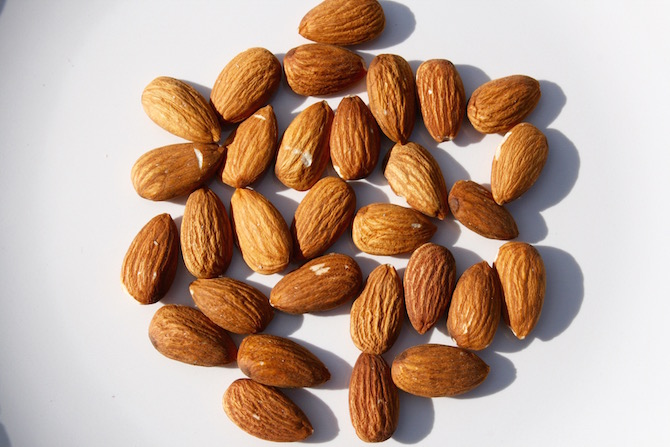
Photo by Torey Walsh
But before you jump on the latest juice cleanse (and drop $72+ a day on it) or stock up solely on all raw essentials, take a second to read the truth of why the raw food diet isn’t as glamorous as it seems. Trust me, your body will thank you later.
Misconception #1: Raw Food is better for your digestive health
Little known secret but raw vegetables tend to be tough on your digestion. Plants and vegetables contain cellulose, a dietary fiber that our stomach’s have a hard time breaking down. If you consistently eat foods your body can’t digest you can seriously weaken your ability to digest any foods at all. Not fun.
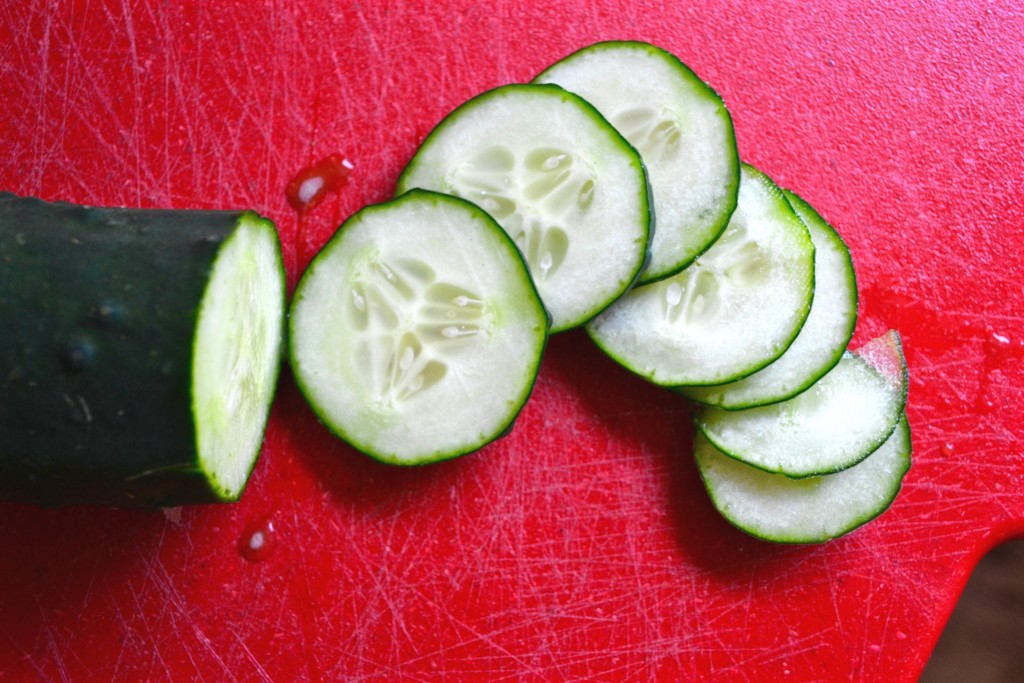
Photo by Kirby Barth
This can also result in some serious side-effects including bloating, indigestion, constipation, weight gain, and malnutrition. So if you want to look and feel your best, I’m not sure the raw food diet still sounds like a good time.
Misconception #2: Raw foods are detoxifying
Detoxification is a concept that has gained quite a bit of popularity in recent years… Juice cleanse anyone? Yet, in reality, it may just be a fad with little scientific credibility.
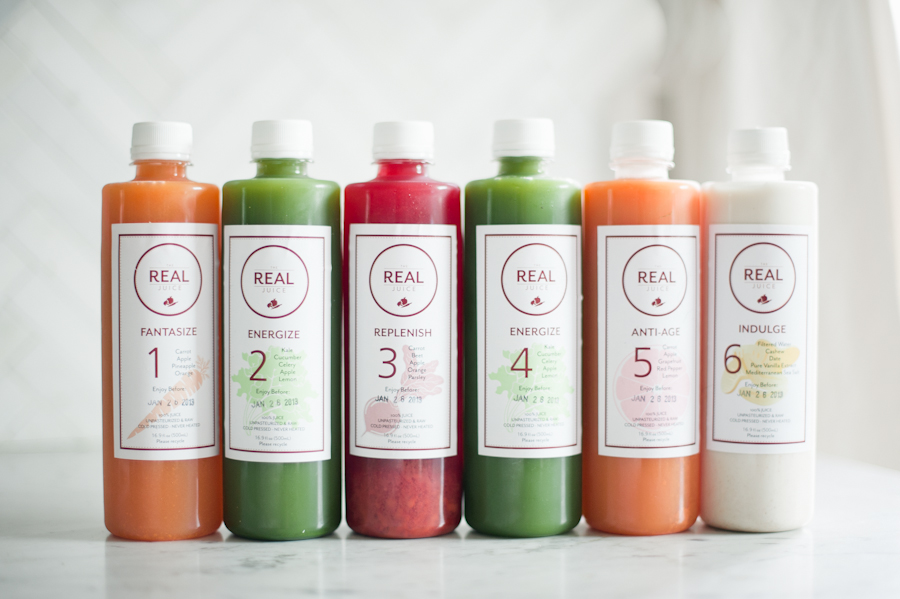
Photo courtesy of thedailycrisp.com
After a few days or even weeks of one too many donuts and bags of chips, a detox may sound like the perfect way to hit the reset button and help your liver and colon out. Not so fast. Toxins can be stored anywhere in the body including in fat and fatty tissue, not just your major organs.
There are (unfortunately) no foods that can magically cleanse your body of all toxins. At best a detox or multiple day cleanse will only prevent the addition of toxins for a few days at most.
Instead, a nutrient dense diet full of a variety of foods and lots of water can help remove nasty toxins more effectively than 12 bottles of raw juice will.
Plus, by not buying into the raw juice fad, you’ll save hella money.
Misconception #3: Cooking destroys vital nutrients
The raw diet revolves around the idea that cooking your food diminishes it’s nutritional value, but that’s not the full truth. While nutrients such as Vitamin C and Vitamin B are lost in the cooking and heating process, there are important benefits to cooking your veggies too.
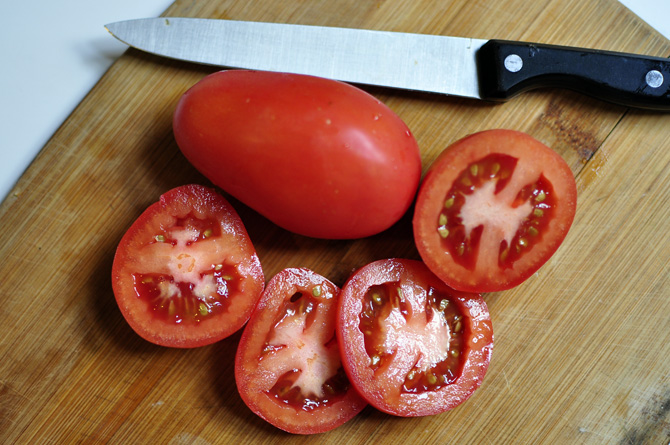
Photo by Jenny Georgieva
Yes raw foods are nutritious (don’t run away from raw carrots and broccoli quite yet) but cooking breaks apart fibers and cellular walls to release nutrients that would not be available from foods in their raw state. A lot of nutrients in vegetables are stored in tough fibers that our bodies can not access on their own without the help of cooking before inhaling.
Cooking carrots makes beta-carotene more available, an antioxidant that helps strengthen your immune system and decrease the risk for cancer or heart attacks. Cooking spinach enhances its nutritional benefit in the iron and calcium department (Plus iron actually helps you tone your muscles, so the more the merrier right?). Having a balanced mix of raw and cooked food in your diet will give you the best of both worlds.
Misconception #4: You can get all your nutrients from raw food
It may seem that the raw diet is a perfect way to lose weight because it’s low in calories, but in reality it lacks vital nutrients.
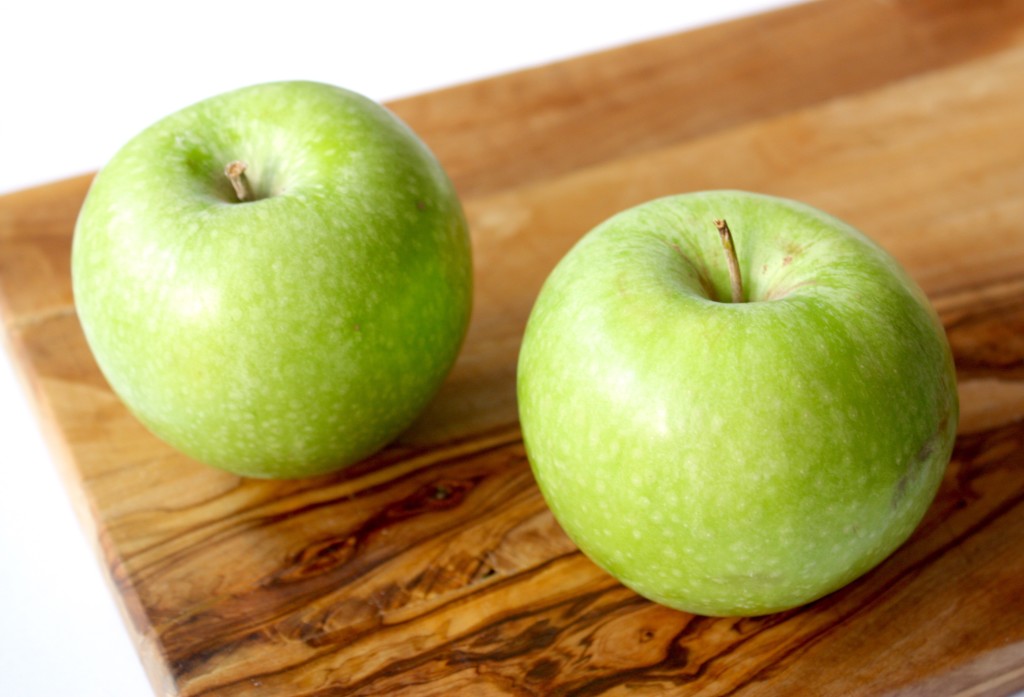
Photo by Kristine Mahan
Nutritional deficiencies for Vitamin B12, Vitamin D, iron, zinc, and Omega-3 fatty acids are very common with a strictly raw diet. Without taking these supplements in pill forms you’ll be lacking some serious nutrients and harming your body in the long run. Trust me, treat your body well because it’s the only one you’ve got.
Studies have shown that the most dedicated raw foodies may be at risk for decreased bone mass, increasing the risk for fractures.
Misconception #5: Humans aren’t “designed” to consume meat
Some believe that we are natural herbivores like our primate ancestors. However, that’s false for humans because pre-humans have been consuming meat for a very long time so our bodies are well adapted.
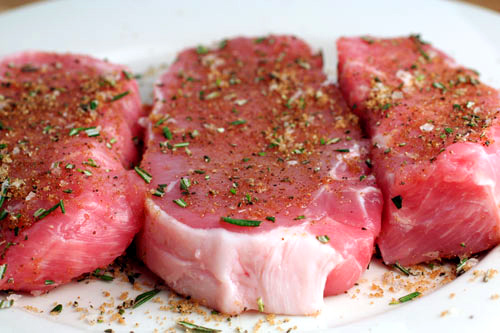
Photo courtesy of insidershealth.com
High quality, unprocessed meat is amongst the most nutritious foods in the world. A single serving of beef provides you with vital nutrients such as B12, B3, B6, iron, zinc, selenium, and plenty of other vitamins too.
Vitamin B12 is extremely important because it can not be found in ANY plants. Studies have shown that of those following the raw diet, 92% are B12 deficient. B12 supplies us with energy and revs up your metabolism, so a deficiency will leave you in an unwanted, never-ending slump.


